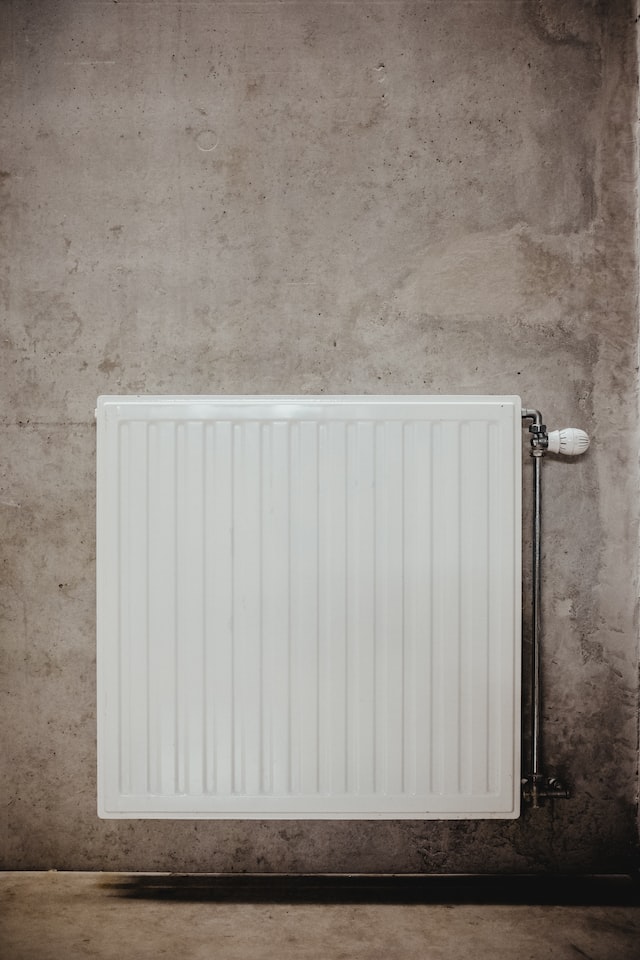You may be wondering what to do when your boiler is broken – you’re left without hot water or central heating. This can be a stressful time and it’s always best to get professional help to avoid any further damage.
Boilers will make a range of sounds when they’re running, but unusual noises should be investigated immediately. Whistling, gurgling, and whooshing noises can all be signs of a faulty heat exchanger or pump.

1. Call a professional.
If your boiler is breaking down it’s best to call a professional. They’re trained in safely resolving boiler issues so you can get back to enjoying the warmth of your home again.
A broken boiler can be dangerous, especially if the problem is leaking gas or electricity. The consequences could include poisoning or a serious accident, depending on the severity of the leak.
Some common signs that your boiler is broken are:
Loss of water pressure – If the water pressure in your system has gone down, this will prevent the boiler from heating. This can be caused by a range of things, including a leak in the boiler or a blockage in your pipes.
Unusual noises – Boilers, particularly older ones, make a number of sounds when they’re running or shutting down. These can be a bit annoying and can sometimes signal that something is wrong.
It’s possible to try and fix some of these problems by yourself but if your boiler is broken it is best to call a professional. They will be able to quickly diagnose the issue and safely resolve it.
2. Turn off the water.
A boiler is a device that provides both hot water and heating for a home. If your boiler breaks down, it’s important to know what to do.
The first thing to do is turn off the water supply. The main reason to do this is because it’s safer for you and your family to do so.
Another reason to turn off the water is because it’s a safety measure to avoid a potential problem with the mains water. This is because a frozen main can cause the pipes to burst and pour out inside your house before you even notice it.
The next thing to do is check the condensate pipe and ensure it’s not frozen. This pipe sends excess liquid from the condensation process to a wall near your boiler and is especially vulnerable to freezing when it’s cold outside.
3. Turn off the electricity.
A boiler is a powerful, multi-purpose heating appliance that serves a variety of purposes – from providing hot water for the kitchen and bathroom to heating your whole home. When your boiler breaks down, there are several things you should do to make sure that your house stays warm.
Firstly, turn off the electricity to your boiler. It is best to do this as soon as possible so that you don’t cause any further damage to your boiler.
It is also important to make sure that there are no problems with your power supply – such as a power cut, a broken fuse in the main electrics box or a faulty circuit board.
This is especially important for gas boilers, as they need to be able to burn the gas safely in order to work properly. Faulty gas supplies can lead to dangerous levels of carbon monoxide poisoning, so make sure that there are no issues with your gas supply before you try to fix the problem yourself.
4. Call a plumber.
A leaky boiler pipe is a major problem, and it can cause significant water damage to your property. It can also corrode the inside of your boiler, so it is best to get this fixed as soon as possible.
It is a good idea to have a plumber check your boiler for leaks from time to time. This will help to ensure that your system doesn’t develop a serious problem, and it will prevent water damage to your home in the future.
Another common indicator of a problem with your boiler is the noises it makes. If your boiler makes banging, clunking, whistling, or gurgling sounds it is most likely a sign of a leak or something else wrong.
As with any plumbing work, it is important to do your research before hiring a plumber. Ask for references, look at their website, and make sure they are licensed by the state. You should also check their insurance.

